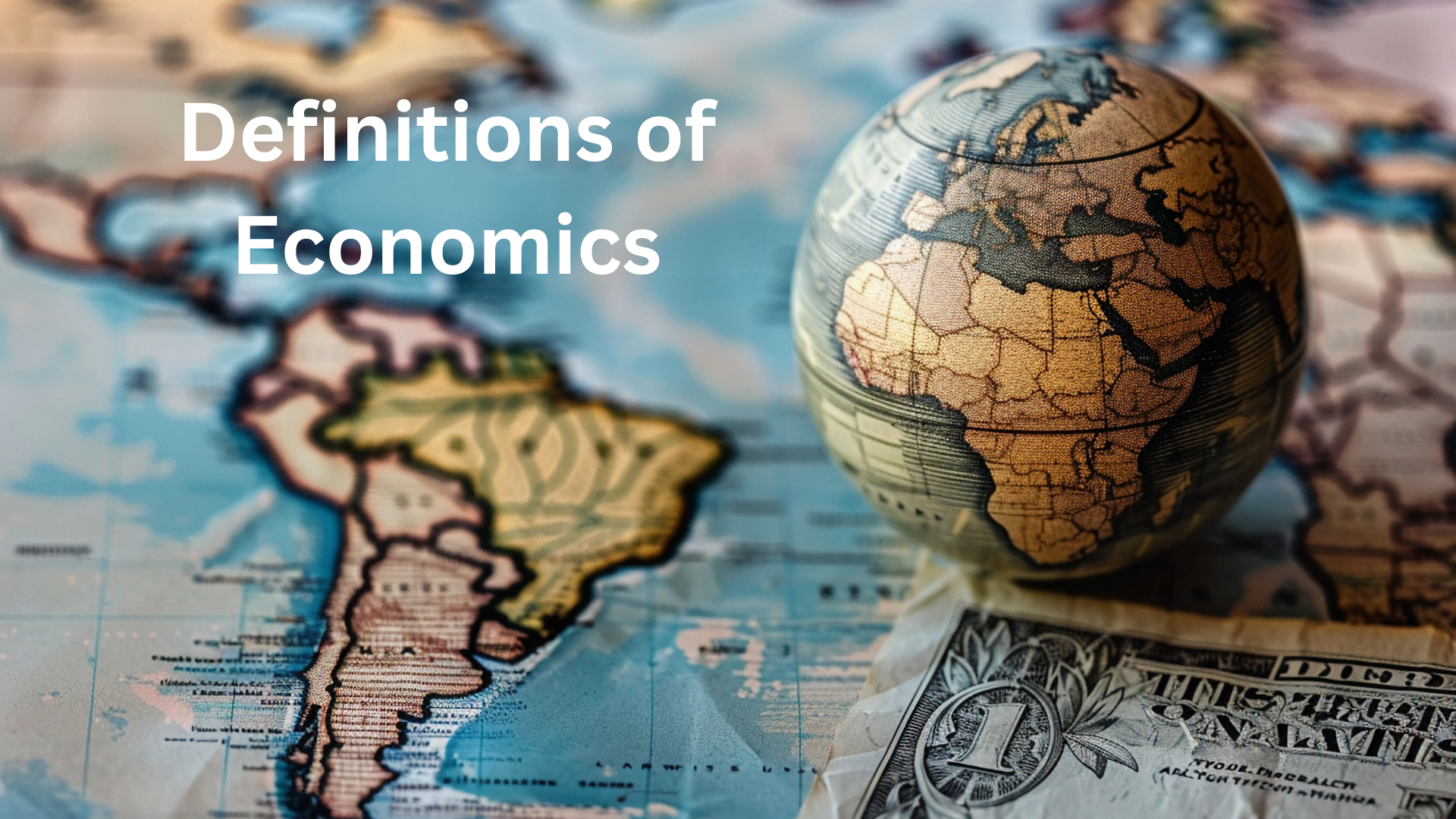Introduction: Economics is a social science concerned with producing, distributing, and consuming goods and services. It studies how individuals, businesses, governments, and nations choose how to allocate resources.
Various Definitions of Economics:
- Wealth Definition: Adam Smith is often called the father of economics. He defined economics in his seminal work “An Inquiry into the Nature and Causes of the Wealth of Nations.” According to Smith, economics is the study of the nature and causes of the wealth of nations. He focused on the production and accumulation of wealth. This definition emphasizes the production, accumulation, and distribution of wealth and the role of self-interest in economic activities.
- Welfare Definition: In his book “Principles of Economics,”, Alfred Marshall defined economics as “a study of mankind in the ordinary business of life.” He argued that economics examines how people earn income and how they use it. According to Marshall, economics is concerned with the attainment and use of material requisites of well-being. The definition given by him is, “Economics is the study of man’s actions in the ordinary business of life; it inquires how he gets his income and how he uses it. Thus, it is on the one side a study of wealth and on the other and more important side, a part of the study of man.”
- Scarcity Definition: In 1932, Lionel Robbins gave a more precise definition in his book “An Essay on the Nature and Significance of Economic Science.” According to him, “Economics is the science which studies human behavior as a relationship between ends and scarce means which have alternative uses.” This definition highlights the problem of scarcity and the need for choice and prioritization.
- Growth-Oriented Definition: Paul A. Samuelson: Samuelson, in his textbook “Economics: An Introductory Analysis,” defined economics as the study of how societies use scarce resources to produce valuable commodities and distribute them among different people. He focused on economic growth and the efficient allocation of resources. According to him, “Economics is the study of how men and society choose, with or without the use of money, to employ scarce productive resources, which could have alternative uses, to produce various commodities over time and distribute them for consumption, now or in the future, among various people and groups in society.”

